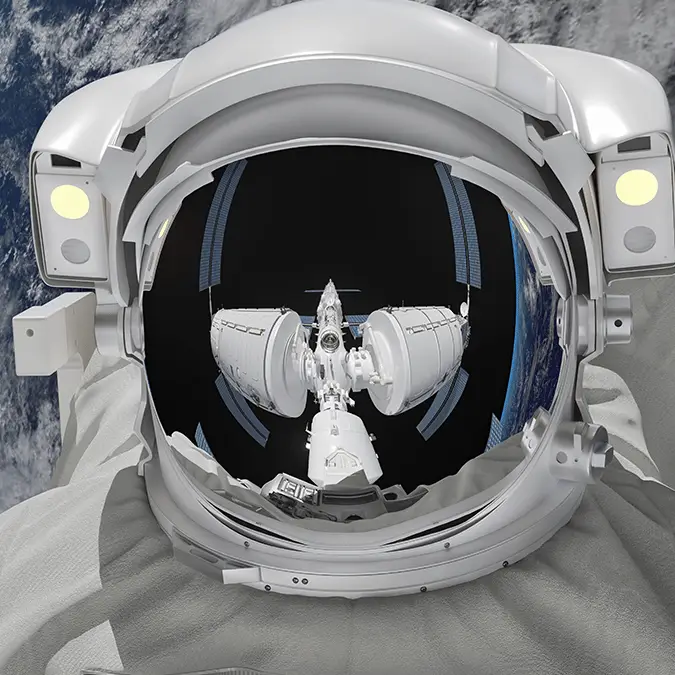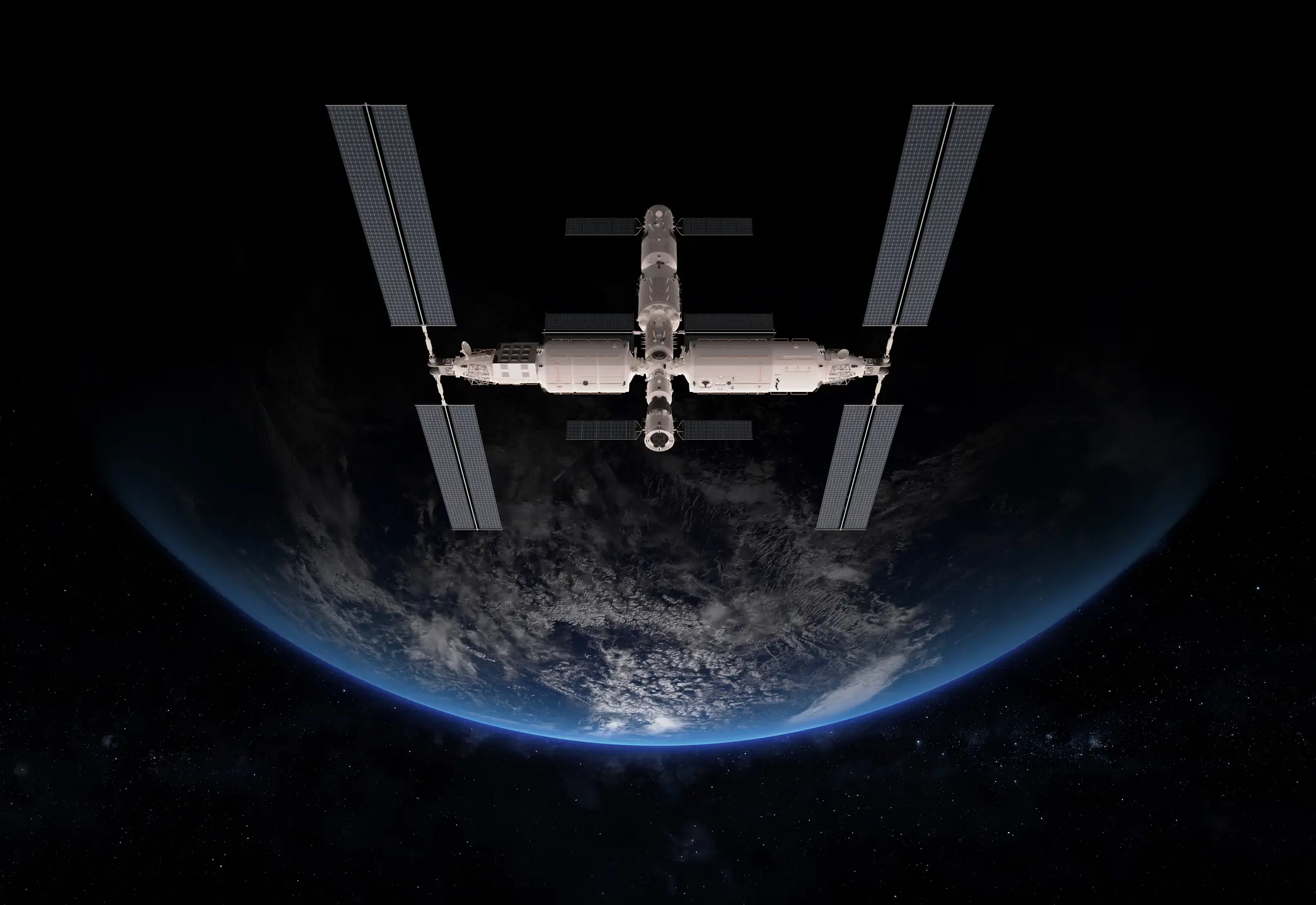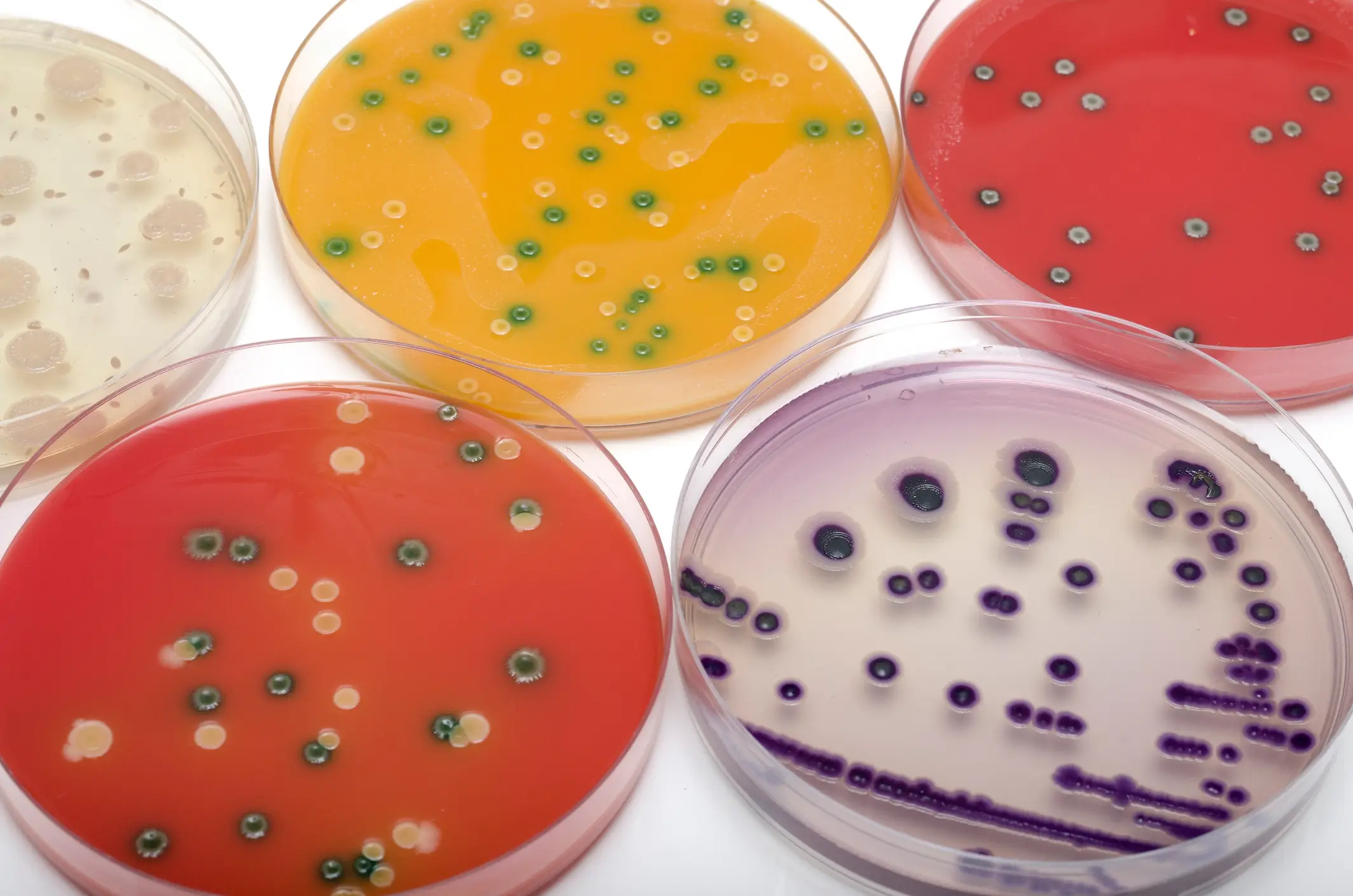
Scientists have discovered a new type of bacteria on China's space station that could pose a threat to astronauts.
Last year, NASA astronauts came across 13 mutated strains of bacteria on the International Space Station, many of which had become resistant to various antibiotics. "Any microorganisms introduced to these areas must adapt to thrive," the US space agency said in a press release at the time.
Now, samples of a new mysterious microbe have been collected from China's Tiangong space station.
According to a recent study published in the International Journal of Systematic and Evolutionary Microbiology, scientists found a new kind of bacteria that has never been seen before on Earth.
Advert
The Shenzhou-15 crew collected the swabs in May 2023 from a cabin inside the space station, as part of one of two surveys conducted under the China Space Station Habitation Area Microbiome Programme.

Named Niallia tiangongensis, after the station where it was found, the strange microbe appears to be a strain of an Earth-based bacterium that adapted to space life. A team of scientists from the Shenzhou Space Biotechnology Group and the Beijing Institute of Spacecraft System Engineering, found some unusual traits in the microbe.
It 'demonstrates a unique ability to hydrolyze gelatin suggesting that it can utilize gelatin as a substrate in nutrient-limited environments,' as per the research paper. Additionally, it can build itself a protective shield against environmental stressors 'thereby aiding its survival in the space environment.'
Currently, it's unclear whether the bacteria pose any threat to astronauts onboard the space station, but the experts say closely related strains of this microbe don’t usually cause illness.

That said, one of its close cousins on Earth has been known to cause sepsis in patients with weakened immune systems, Science Alert reported. And with its ability to process gelatin, there are growing concerns over how these microbes might impact astronaut health.
Discovering a space-adapted microbe like this could help scientists learn more about how bacteria evolve in microgravity and better equip astronauts to stay safe and protected on future space trips.
"Understanding the characteristics of microbes during long-term space missions is essential for safeguarding the health of astronauts and maintaining the functionality of spacecraft," the researchers wrote in the paper.
The new species is reportedly related to spore-forming bacterium Niallia circulans, typically found in soil and sewage. The researchers say the microbe has developed multiple mutations that may be useful in studying how organisms evolve in space environments.